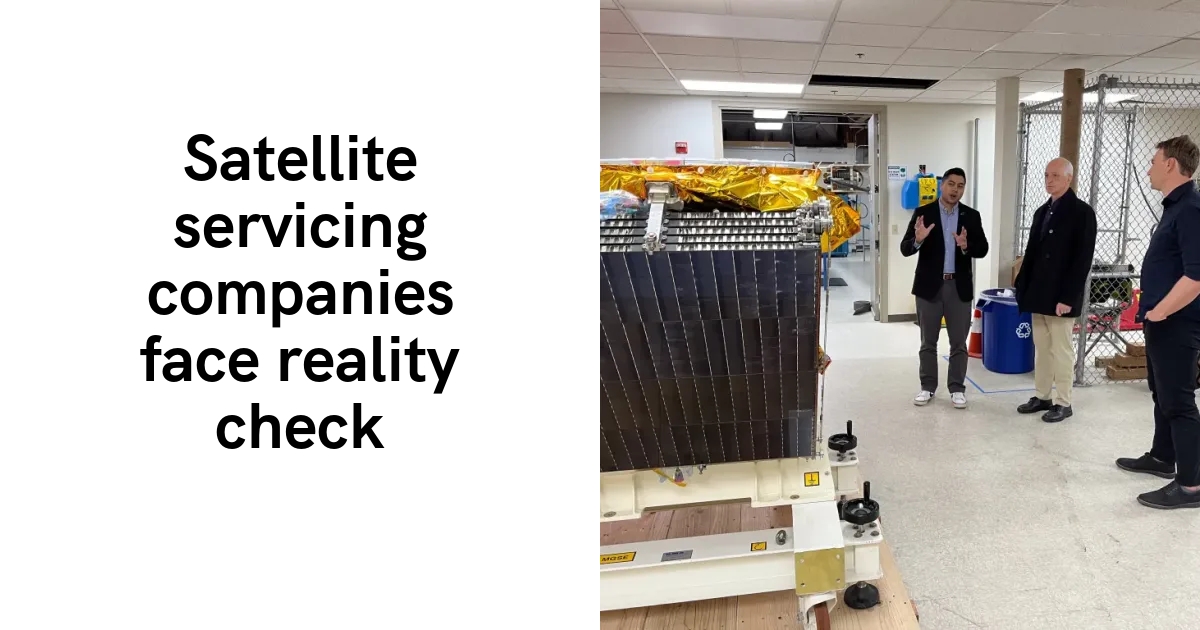Space Tech's Reckoning: Satellite Servicing Startups Confront Market Turbulence

Industry leaders are calling for a strategic shift, emphasizing the urgent need to demonstrate the economic potential of satellite servicing technologies. Top executives argue that the in-orbit services sector must go beyond technological innovation and clearly showcase its commercial value to attract broader investment and market confidence. By developing compelling business cases and tangible proof of economic feasibility, the industry can unlock new opportunities and accelerate the adoption of advanced space maintenance and repair solutions.

